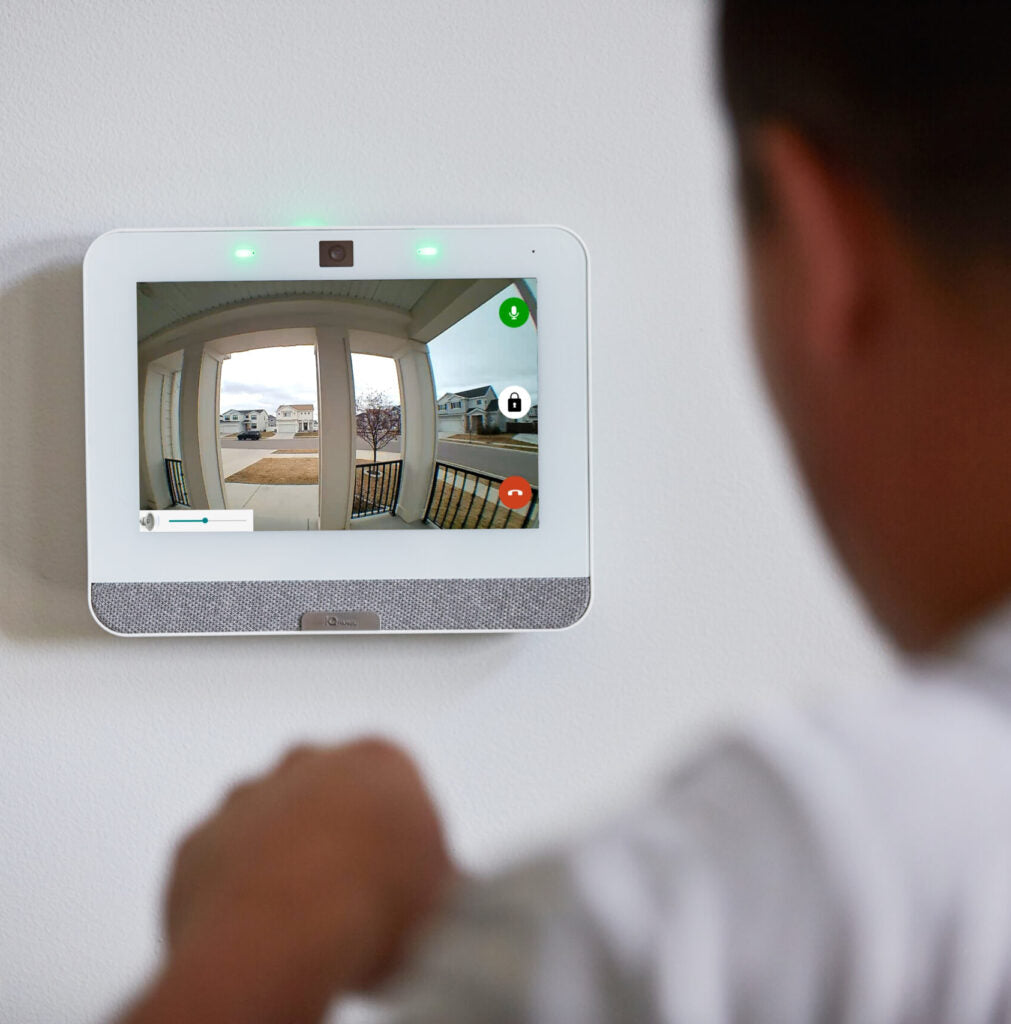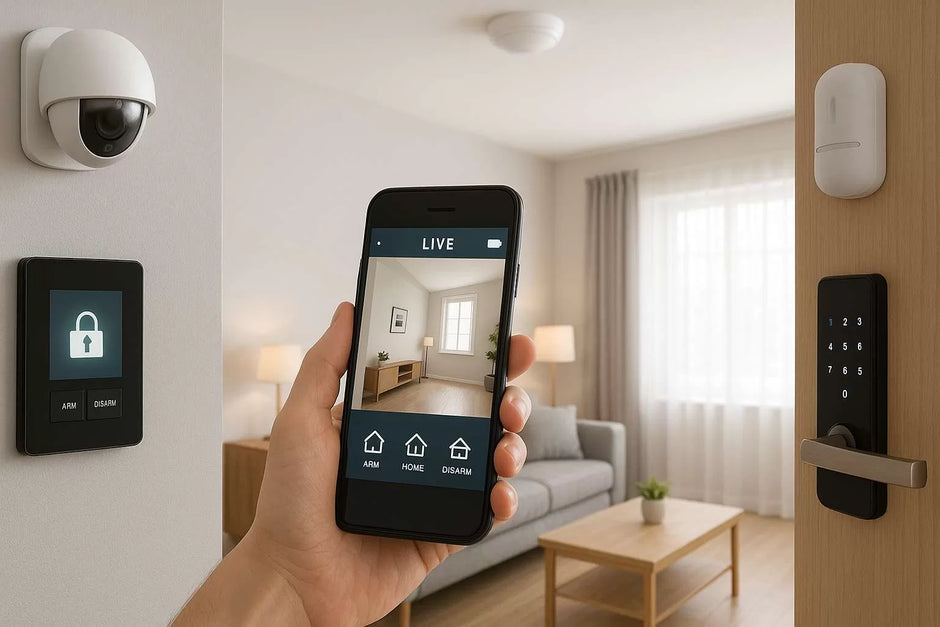In a world where sharing online has become second nature, social media check-ins—posts that tag your real-time location—might seem harmless or even fun. But while these posts can help keep friends updated or mark memories, they also come with hidden security risks that many users overlook.
1. Broadcasting Your Absence
One of the most obvious risks is letting people know you're not home. Whether you're checking in at the airport, a concert, or a beach resort, you're also telling the world that your house is empty. Criminals increasingly monitor social media to find easy targets, and a simple post saying “Off to Mexico for the week!” can be an open invitation for burglary.
2. Revealing Daily Patterns
Regularly checking in at specific places—like your gym, workplace, or favorite coffee shop—can reveal your routine. This makes it easier for stalkers or malicious actors to predict your movements, increasing the risk of physical tracking or unwanted encounters.
3. Endangering Personal and Professional Privacy
Sometimes, location-tagged posts can unintentionally expose sensitive information. For example, checking in at a hospital might inadvertently reveal private health issues. Or tagging your presence at a business meeting could disclose corporate plans that haven’t been made public.
4. Putting Others at Risk
Even if you're cautious, tagging friends or family in a check-in can compromise their privacy, too. They may not want their location shared, or you might be revealing their habits without consent—especially concerning if children or vulnerable individuals are involved.
5. Delayed Risks from Old Posts
Even old check-ins can pose threats. Cybercriminals can mine past posts to build a detailed profile of your habits, preferences, and networks. This information can be used for social engineering, identity theft, or phishing attacks long after you've made the post.
How to Stay Safer
-
Think before you post: Ask yourself if the location is truly necessary.
-
Delay sharing: Consider posting about events after you've left, not while you're there.
-
Tighten privacy settings: Make sure your posts are only visible to trusted people.
-
Educate others: Share these risks with friends and family who may not be aware.
Social media check-ins might seem like just another way to stay connected, but they can unintentionally expose you to real-world threats. Being mindful about what you share—and when you share it—can go a long way in keeping you safe.








